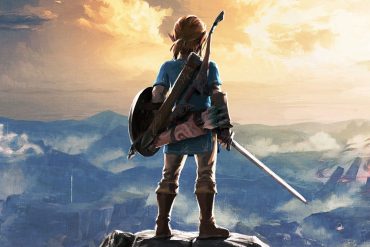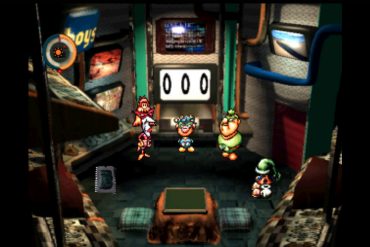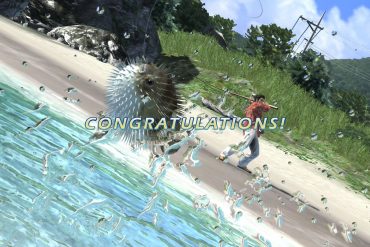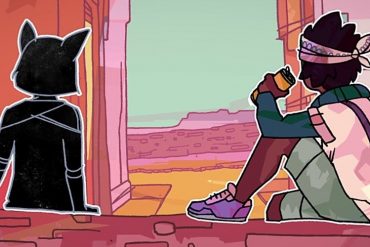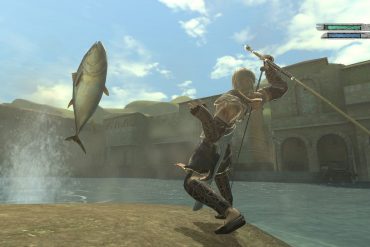August 30th
…inspired articles this week examining masculinity along different axes in popular games, exploring how different masculinities are constructed, and how those conversations are necessarily incomplete without doing right by the feminine characters, too.
- It’s just a manly man thing: Doom (2016), sound and hegemonic masculinity | Andrew’s Gaming Notes Andrew studies how Doom (2016)’s sonic landscape–or possibly its lack of one–underscores and reinforces the game’s privileging on an apex, all-subverting hegemonic masculine power fantasy.
- Yakuza’s nuanced discussion of masculinity makes its treatment of women more disappointing | Polygon Sam Greszes identifies a lack of feminine agency in
…



